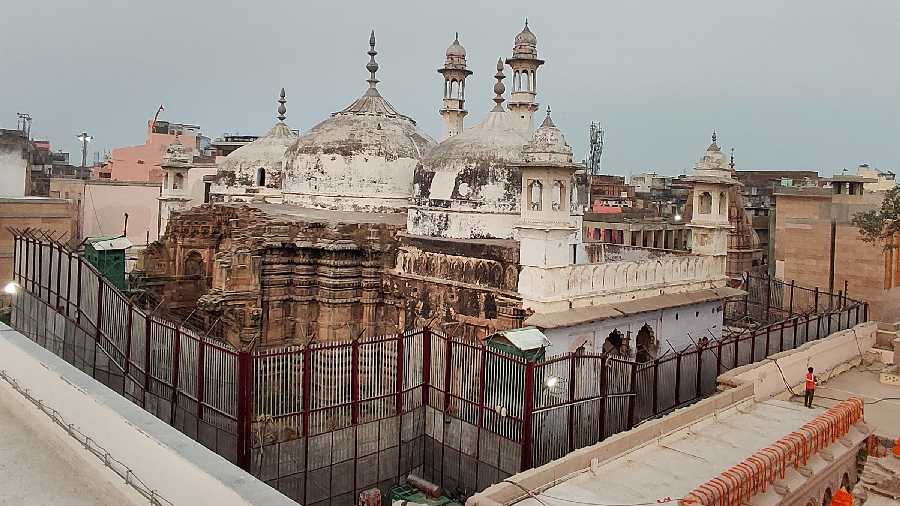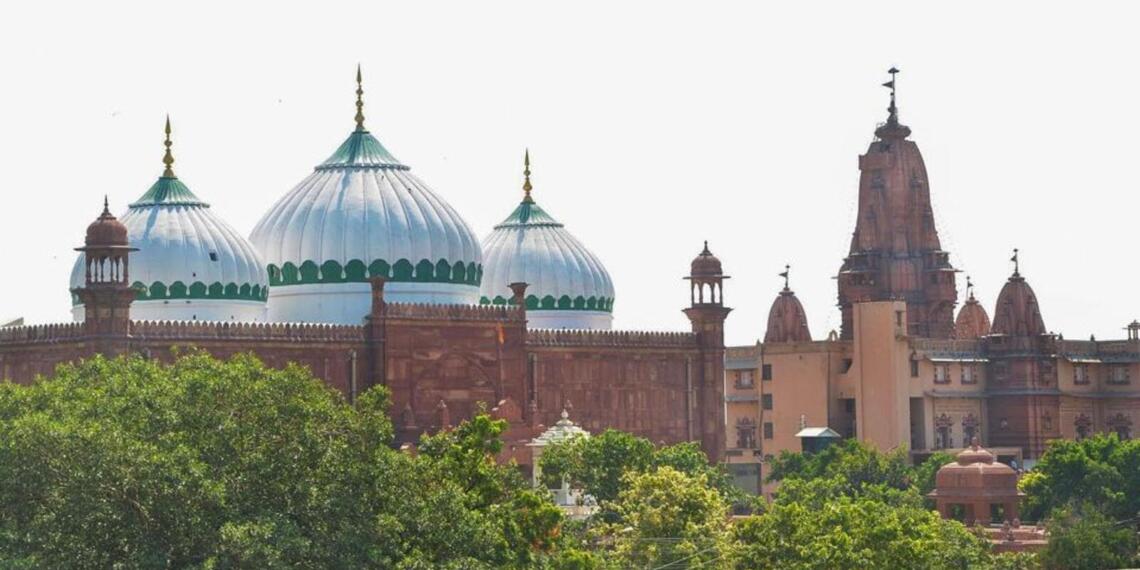The Jawaharlal Nehru University Teachers Association has condemned the harassment of three academics for their comments on the controversy over the Gyanvapi mosque in Varanasi, also highlighting that they are from marginalised communities.
“JNUTA is outraged by the recent attacks on intellectuals and academic scholars for expressing views critical of majoritarian positions in public,” the association said in a statement on Monday.
“It is to be noted that many of these attacks have been directed at academics from Dalit and minority communities — recent targets include Dr Ravi Kant of Lucknow University, Dr Ratan Lal of Delhi University and Dr Imtiaz Ahmad, former professor JNU.”
Kant faces a police probe for quoting a story on the Gyanvapi mosque during an online discussion, and Lal was arrested for a sarcastic Facebook post on the discovery of a purported Shivalinga on the mosque premises. A Delhi court that granted Lal bail observed that his post “does not indicate an attempt to promote hatred between communities”.
Kant has not been arrested but his plea for quashing the FIR against him has been rejected by Allahabad High Court. Ahmad has faced online threats and trolling for Facebook posts on the controversy.
“The JNUTA believes that all comments and observations made in public fora must be informed by civic discussion and rational arguments alone,” the association said.
“It rues the use of a discourse of ‘hurt community sentiments’ as a weapon that provokes and justifies illegal intimidation by mobs on one hand and police intervention and legal action on the other as condemnable, as the aim of such a discourse is only to curtail intellectual freedom and open public debate on vital matters, and especially to silence intellectuals from Dalit and minority communities.”
It added: “JNUTA expresses its strong opposition to all intimidation, violence and peremptory police action that obstructs free rational debate and the public practice of criticism by academics and intellectuals, which we see as indispensable for the life of a democracy. We demand that an immediate end be put to all such threats, police complaints, and arrests, and that the right to free and fearless expression of diverse points of view be upheld.”











